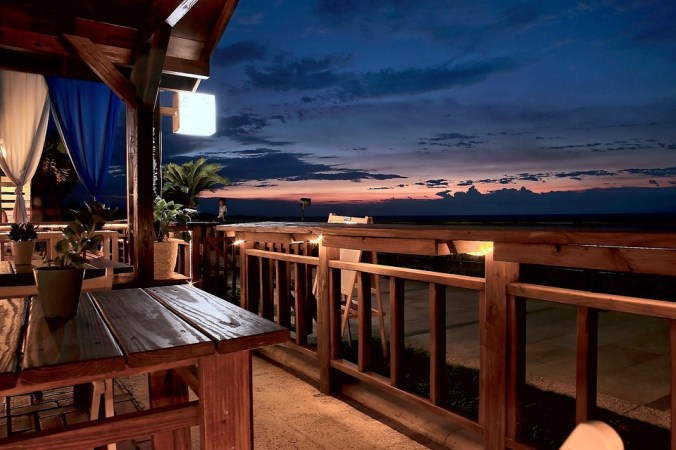Hotels are great, but they are certainly not a good investment….unless your last name is Hilton.
Second homes, on the other hand, potentially yield a return while providing a va
cation spot over which you have 100% control.
Source: The Mortgage Reports – Lisa Pogol
A Second Home Purchase Could Be a Brilliant Play
According to the Case-Shiller Home Price Index, home prices are up nationwide by more than 5% since last year. That means your vacation home might pay for your vacation.
Nearly one million buyers purchased 2nd homes last year, as no doubt they had grown weary of spending excessively on hotels and vacation rentals.
But buying a vacation home can be a bit trickier than you think – and it’s different than purchasing a primary residence. Make sure you have the right lender on your side – and here’s what you need to know before making that plunge.
Be Clear on All of the Costs
Affording the total cost is different than qualifying for the mortgage. Mortgage underwriters only look at expenses for principal, interest, property taxes, insurance, and, if applicable, HOA dues. If these expenditures check out (along with your current mortgage, if you have one), they approve your loan.
One thing to know is that you should plan carefully before getting started. Owning a second home comes with extra responsibility.
You’ll be maintaining two households, and that could be more expensive than you planned for.
You must consider travel costs, regular maintenance, repairs, utilities, furnishings and household items.
On the plus side, you might offset some or even all of the costs if you rent your home part-time. Make sure to check with your lender, as some loan programs don’t allow you to rent out a second home. You may also be able to write off your mortgage interest and property taxes to reduce overall cost.
What’s the Difference Between a Rental and Vacation Home?
Rental homes and vacation properties are financed differently.
If you can qualify for your purchase without the property generating any income, buy it as a vacation home. You’ll get a better interest rate, and qualifying is more straightforward when rental income is off the table.
However, if you need to rent out your place to afford it, it becomes an investment property, not a second home.
In this case, your lender will want to see an appraisal with a comparable rental schedule. This document tells the underwriter the property’s potential income.
The lender counts 75 percent of the anticipated rents as income to you, and the monthly mortgage, taxes and insurance are added to your expenses when calculating your debt-to-income ratio (DTI).
Please note that investment property mortgages almost always require at least 20 percent down and their mortgage rates can be 50 basis points (0.50%) percent or higher than rates for primary residences.
Know Your Down Payment Requirements
You can buy a primary residence with just three percent down in many cases, but it takes at least ten percent down to buy a vacation home, and that’s if your application is very strong. Otherwise, your lender may require at least 20 percent.
If you don’t have a lot of cash on hand, you may be able to borrow your down payment. The National Association of REALTORS® says that about one-fifth of buyers tap into equity from their primary residence to make the down payment on the second home.
Your loan of choice will probably be a conventional loan, offered by lenders nationwide, and underwritten by standards set out by Fannie Mae and Freddie Mac.
What Are the Assets Needed to Qualify?
When you buy a vacation property, you’ll more than likely need reserves. Reserves are funds available to pay your mortgage if you experience an interruption in income.
You’ll need at least two months of reserves if you’re a well-qualified wage earner, and at least six months if you’re self-employed or have any weaknesses in your file.
One month of reserves is equal to the amount of money it would take to make one months’ payment on both your primary residence and future second home.
Choose Wisely – and Do the Math
It is tempting to jump into a vacation home purchase, but first, weigh the benefits and costs.
Ensure that it makes long-term financial sense to buy. While there are upfront costs, a second home purchase can be a nice addition to your real estate portfolio or retirement plan.
To make ownership even more affordable, shop around for rates by calling at least three lenders. Most, if not all, lenders who offer primary residence loans also offer second home mortgages.





